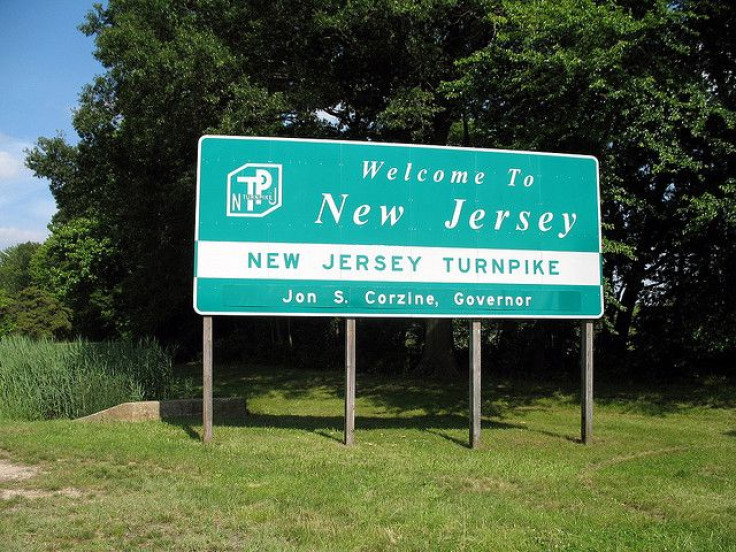NJ Parents Sue Over Gay Conversion Therapy Ban, Say Gay Teen Son Needs Treatment

A New Jersey couple is challenging a measure signed into law this past August that prevents licensed therapists from performing gay conversion therapy in the state because they believe their 15-year-old son is gay and needs the controversial treatment.
"[The unnamed teen] has a sincerely held religious belief and conviction that homosexuality is wrong and immoral, and he wanted to address that value conflict because his unwanted same-sex attractions and gender confusion are contrary to the fundamental religious values that he holds,” the lawsuit claims.
Gay conversion therapy, or “reparative therapy,” is a practice that attempts to “convert” people who are sexually attracted to the same sex into heterosexuals. The method has been widely regarded by gay rights activists, psychologists, and patients who have undergone conversion therapy as ineffective and, in some cases, harmful. A 2007 report from the American Psychological Association found that the “results of scientifically valid research indicate that it is unlikely that individuals will be able to reduce same-sex attractions or increase other-sex sexual attractions through [sexual orientation change efforts.”
In August, New Jersey Gov. Chris Christie signed legislation that bans the use of gay conversion therapy on young people in the state, citing the expert opinion of the American Psychological Association. While he expressed concern about “government limiting parental choice on the care and treatment of their own children,” Christie ultimately decided that the risk of kids growing up with suicidal thoughts, depression, and substance abuse problems was paramount to the right of parents to seek the treatment.
But the denial of that right is exactly what the parents of one unnamed teen, who the court documents call “Joe Doe,” are challenging. The parents say that the American Psychological Association’s report, along with others used by the governor and legislature in deciding on the ban, were inaccurate and unreliable.
“The Legislature, in enacting this legislation, relied on reports that this was harmful,” said Demetrios Stratis, an attorney associated with the case. “We believe that the literature and reports are not accurate and what the legislation relied on is erroneous and that there are constitutional implications.”
The suit seeks a preliminary injunction to stop the law from being enforced. The parents are also seeking “nominal damages” and attorney’s fees. A decision on whether the injunction will be granted should happen as early as Dec. 2.



























